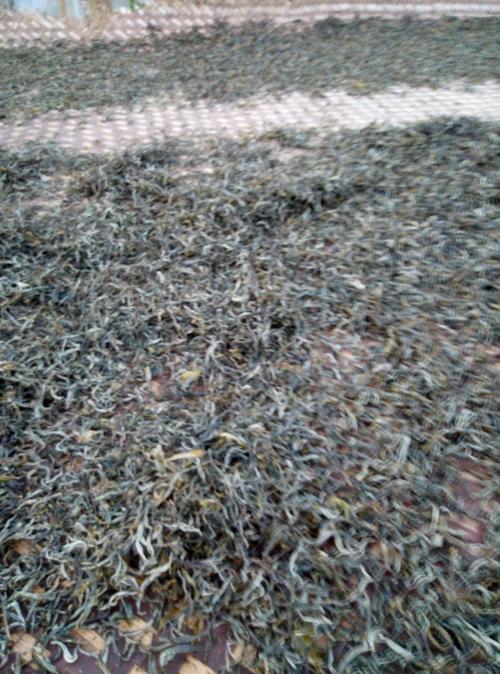茶叶水喝多会便秘吗
Title: Understanding the Impact of Tea Consumption on Hydration and Digestion

Tea, a beloved beverage enjoyed by many worldwide, holds a complex relationship with hydration and digestion. Amidst various claims and concerns regarding its effects on bodily functions, the question arises: "How does excessive tea consumption affect bowel movements and hydration?"
Hydration and Tea Consumption:
Hydration, crucial for maintaining bodily functions, often intersects with tea consumption due to the diuretic properties of caffeine present in tea. However, contrary to popular belief, moderate tea intake doesn't significantly contribute to dehydration. Studies suggest that while caffeine can prompt increased urine output, the overall fluid balance remains intact if tea consumption is within reasonable limits.
For optimal hydration, it's recommended to balance tea consumption with plain water intake. This ensures adequate fluid replenishment while enjoying the flavors and benefits of tea.
Effects of Excessive Tea Consumption on Bowel Movements:
1.
Caffeine Content:
Tea contains caffeine, a natural stimulant known to affect bowel movements. Excessive caffeine intake can lead to increased bowel movements or diarrhea in sensitive individuals. However, this effect varies among individuals based on tolerance levels.2.
Tannins and Polyphenols:
Certain compounds in tea, like tannins and polyphenols, may exert mild astringent effects on the digestive system. While moderate consumption offers potential health benefits, excessive intake might lead to constipation or dry stools in some individuals.3.
Hydration Balance:
Hydration plays a pivotal role in maintaining regular bowel movements. Excessive tea consumption, especially without adequate water intake, can potentially dehydrate the body, leading to constipation or harder stools.Recommendations for Optimal Tea Consumption:
1.
Moderation is Key:
Enjoy tea in moderation to reap its health benefits without adversely affecting hydration or digestion. Aim for 23 cups per day for most individuals, adjusting based on personal tolerance and sensitivity to caffeine.2.
Stay Hydrated:
Pair tea consumption with ample water intake throughout the day. This ensures hydration levels are maintained and mitigates any potential dehydration from caffeine's diuretic effects.3.
Mindful Choices:
Opt for herbal teas or caffeinefree varieties if sensitive to caffeine or experiencing digestive discomfort. Herbal teas offer a wide range of flavors and health benefits without the stimulant effects of caffeine.4.
Balanced Diet:
Incorporate a balanced diet rich in fiber, fruits, and vegetables to support healthy digestion. Dietary fiber aids in bowel regularity and can counteract potential constipation from excessive tea consumption.5.
Listen to Your Body:
Pay attention to how your body responds to tea consumption. If experiencing digestive issues or changes in bowel habits, consider adjusting your tea intake and consulting a healthcare professional if necessary.In conclusion, while excessive tea consumption can potentially impact bowel movements and hydration, moderation and mindful consumption practices can help mitigate any adverse effects. By striking a balance between enjoying tea and maintaining hydration, individuals can continue to savor this cherished beverage while supporting overall health and wellbeing.
本文 同格科技网 原创,转载保留链接!网址:http://www.tonggekeji.com/post/7938.html
1.本站遵循行业规范,任何转载的稿件都会明确标注作者和来源;2.本站的原创文章,请转载时务必注明文章作者和来源,不尊重原创的行为我们将追究责任;3.作者投稿可能会经我们编辑修改或补充。









